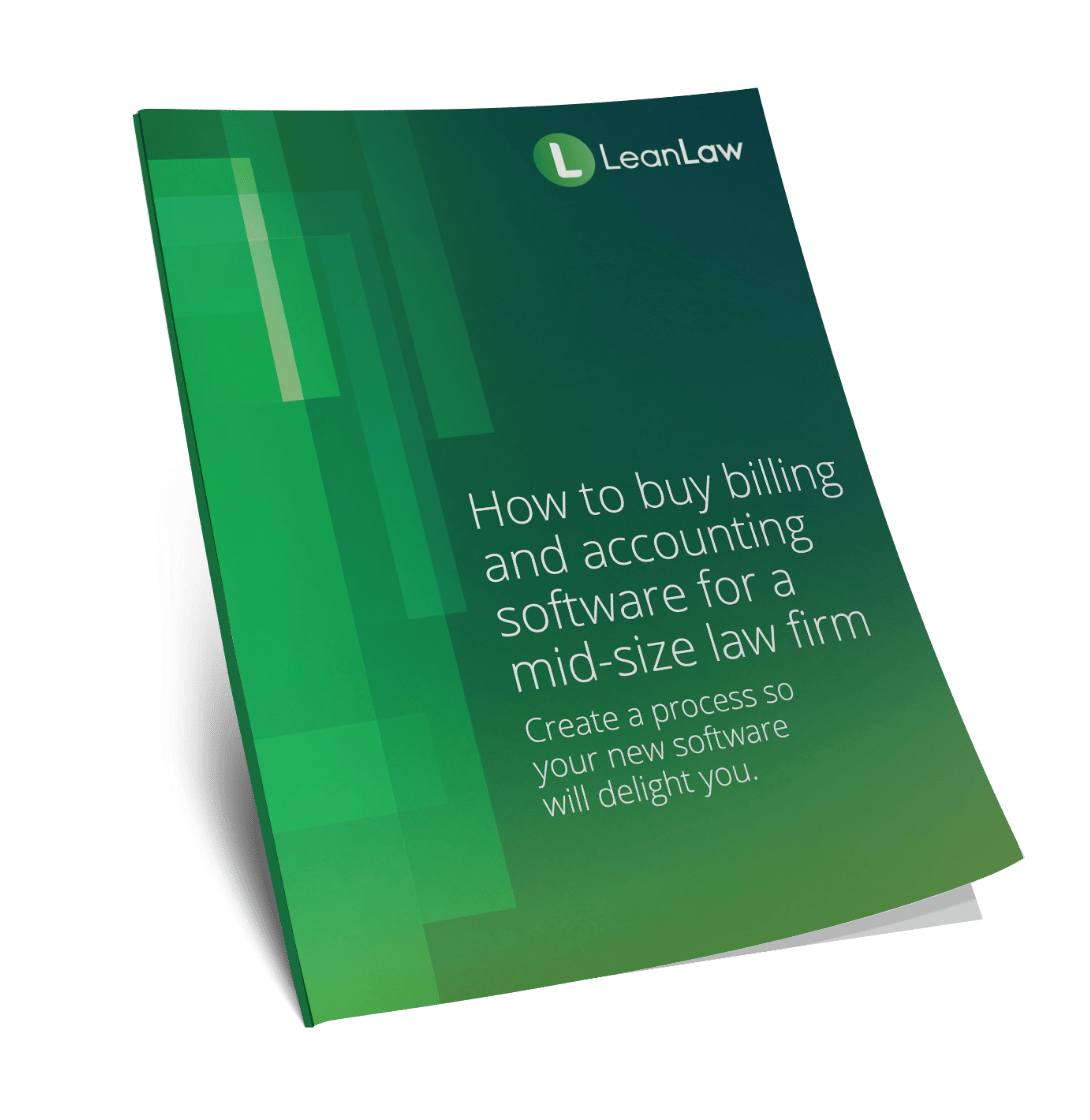
Timekeeping is the lifeblood of any law firm.
Accurately tracking billable hours is more than just an important part of your law firm’s overall workflow.
It is essential.
Without being able to accurately track billable hours, how will you know if you are maximizing your firm’s revenue potential?
How will you ensure fair billing practices are being met and your clients are being billed correctly?
How will you make sure that each attorney is compensated appropriately and that billable hours and non billable hours are clearly defined and accurately reported?

Key Takeaways
- Though timekeeping and time tracking has gone through big changes over the last few decades, one thing has remained constant: inaccuracies in tracking time and recording billable hours end up resulting in lost revenue and lost clients for law firms every year.
- Timekeeping and time tracking are tedious tasks that can take an attorney away from serving their clients and practicing law — the reasons they wanted to be attorneys in the first place.
- Thanks to advancements in software, there are now plenty of tools that can be implemented into a law firm’s already existing tech stack to help with its timekeeping needs.
While some sort of timekeeping method is almost always at play in any law firm, legal professionals are increasingly turning to more modern solutions to streamline their workflows and improve efficiency.
From hours recorded on yellow pads by hand to time tracking software that is designed to automatically do it for you, the evolution of timekeeping in the legal industry has been remarkable.
That said, having a billable hours chart that helps to break down each attorney’s billable hours into increments of time is still an important tool for your law practice to have and it’s important that every attorney on your staff understands how to use it.
What is a Billable Hours Chart?
A billable hours chart (sometimes referred to as a billing increment chart) is a tool used by law firms to define the smallest unit of time for which they bill clients.
A billing increment chart will establish the time intervals in which attorneys and other legal professionals record their billable hours.

The purpose of using billing increments is to standardize the way time is tracked and billed, making it easier for both the law firm and clients to understand and manage legal expenses.
Lawyers and other service professionals who calculate hourly billing need to have a quick grasp of how to calculate billable time. Whether they use specific types of practice management software or legal accounting software, dividing an hour into tenths is generally how attorneys bill their clients.
Why Do Attorneys Use the One-Tenth Increment Rule?
Attorneys create time entries based on the billable hour.
The most standard increment for dividing a billable hour is usually either by 6 minutes or by 12 minutes.
(Most law experts agree that billing by larger increments is not as accurate and may cause friction between you and your clients.)
Most attorneys will charge the minimum billing increment of 6 minutes, even if they work less than that. They may also round up when their billable time lands somewhere in between increments.

The Benefits of Using a Legal Timekeeping Chart
Most attorneys are not also skilled mathematicians.
And even if they are, trying to remember how to record billable hours appropriately and accurately can grow frustrating, particularly when a lawyer has plenty of other pressing tasks at hand.
This is where a legal timekeeping chart and good time tracking software can come in handy.

Schedule a demo

Here are some of the biggest benefits of a well-laid out and easy-to-understand attorney billable hours chart:
- Improved Accuracy: Legal timekeeping charts provide a structured format for recording time, reducing the likelihood of errors and omissions. This helps ensure that billable hours are captured accurately, leading to fair billing for clients and increased revenue for the firm.
- Time Efficiency: The use of a legal timekeeping chart streamlines the time-tracking process, making it quicker and more efficient for attorneys and staff. By having a clear layout, professionals can easily record their activities throughout the day without the need for extensive paperwork or manual calculations.
- Enhanced Productivity: A legal timekeeping chart enables lawyers to identify time management patterns and optimize their schedules. By understanding how time is allocated to different tasks, attorneys can prioritize important matters, delegate tasks, and allocate resources more effectively.
- Compliance and Ethics: Legal timekeeping charts are valuable tools for maintaining compliance with ethical obligations and professional standards. Accurate time records facilitate ethical billing practices, and transparency with clients, and provide a detailed audit trail if needed.
- Better Invoicing: With comprehensive time records at their fingertips, law firms can generate detailed and accurate invoices for clients. This fosters transparency and trust with clients and reduces potential disputes over billing.
Choosing the Right Billing Increment Chart
Understanding how to use a billing increment chart (or a billable hours chart) is important.
And understanding why every attorney in your firm needs to use one is important as well.

But wouldn’t it be nice if there was an easier way to calculate all those increments without having to memorize a chart or keep referring back to one?
With the right time tracking software, you won’t have to.
Implementing time tracking software into your law firm’s tech stack means that you can greatly improve the way your firm captures, manages, and leverages billable hours and manages its overall billing process.
With time tracking software, you gain the ability to streamline your time increments chart, ensuring that no billable minute goes unnoticed and no time spent on this task is wasted.
Time tracking management software provides your firm with numerous benefits and advantages that can significantly impact your bottom line and overall efficiency.
When you decide to invest in legal timekeeping software, you give your firm and your attorneys a number of helpful tools to make this entire process a big success:

Step-By-Step Process for Attorneys & Law Firmsto Buy Law Firm Software
Understand who needs what and prioritize features as you investigate new software. Download Buyers Guide eBook- Enhanced Accuracy: Time tracking software eliminates the risk of human error associated with manual timekeeping. Attorneys can easily record their time on the go, using mobile apps or desktop widgets, ensuring that every minute spent on client matters is accurately recorded, that all billable hours are captured, and that no attorney is padding hours by mistake.
- Real-time Tracking: Time tracking software allows for real-time tracking of billable hours and automatic increment calculation. This means you have instant access to up-to-date reports and insights, helping you monitor how many billable hours have been recorded by each attorney and then make data-driven decisions.
- Seamless Integration: Most time tracking solutions can seamlessly integrate with other practice management software, such as billing and accounting systems. This integration simplifies the invoicing process, as billable hours can be effortlessly transferred to client invoices.
- Detailed Reporting: Time tracking software offers robust reporting capabilities, providing a comprehensive overview of your firm’s time utilization. You can analyze time spent on different matters, identify trends, and allocate resources more effectively.
- Improved Efficiency: Automated time tracking reduces administrative tasks associated with manual time entry, allowing attorneys to focus more on billable work and client service. This increased efficiency can lead to higher profitability for the firm.
- Client Transparency: With detailed time tracking, you can offer your clients transparent and itemized invoices, building trust and fostering stronger client relationships.
- Compliance and Billing Integrity: Time tracking software ensures that you adhere to ethical billing practices, preventing any potential billing disputes and maintaining your firm’s reputation.
- Time Management: Time tracking software encourages better time management practices among attorneys. It promotes accountability and helps identify areas for improvement in time allocation.
- Insights for Pricing Strategies: With data-driven insights from time tracking reports, your firm can develop more accurate pricing strategies for future projects and services.
- Remote Work Support: Time tracking software is well-suited for law firms embracing remote work. Attorneys can log their billable hours from any location, making it convenient and efficient for both in-office and remote team members.
Implementing legal timekeeping and billing software is a game-changer for law firms looking to streamline operations, maximize billable hours, and gain a competitive edge in the legal industry. By investing in the right time tracking solution that suits your firm’s needs, you can boost efficiency, increase revenue, and deliver exceptional client service.
Could LeanLaw Accounting and Billing Software be the Right Solution for Your Timekeeping Needs?
If your law firm is looking to find the most reliable and easy-to-implement way to track time accurately, LeanLaw accounting and billing software could be the ideal solution for your needs.
LeanLaw is a cutting-edge accounting and billing software system designed by legal professionals for legal professionals.
It addresses the unique challenges attorneys face when it comes to tracking time increments, recording billable time, and properly invoicing clients.

Here are some compelling reasons why LeanLaw may be the right choice for your timekeeping needs:
- Seamless Time Tracking: LeanLaw offers an intuitive and user-friendly interface, making time tracking a breeze for attorneys. With mobile apps and desktop widgets, attorneys can easily record their billable hours on the go, ensuring no minute goes unaccounted for.
- Integrated Billing and Accounting: LeanLaw’s integration with QuickBooks Online provides a robust billing and accounting system, streamlining the invoicing process and ensuring accurate and transparent client billing.
- Automated Time Entries: LeanLaw offers features that automatically round time entries so you don’t have to. This can save an attorney valuable time and make sure that your customized attorney billable hours chart is consistently followed.
- Customizable Billing Templates: LeanLaw allows law firms to create customizable billing templates, ensuring that invoices are accurate, detailed, and tailored to the specific needs of each client.
- Trust Accounting: With strong trust accounting functionality, LeanLaw helps law firms manage client funds with ease, ensuring compliance with ethical and legal requirements.
- Real-time Insights: LeanLaw provides real-time insights into your firm’s time utilization, enabling you to track performance, analyze trends, and make informed decisions.
- Matter-based Accounting: LeanLaw’s matter-based accounting system allows you to associate expenses and revenues with specific cases, facilitating accurate cost allocation and profitability analysis.
- Collaborative Features: LeanLaw offers collaboration features, allowing team members to work together seamlessly and share information efficiently.
- Mobile Accessibility: With mobile apps, attorneys can access LeanLaw from anywhere, making it ideal for law firms embracing remote work or on-the-go practices.
LeanLaw’s comprehensive suite of features and user-friendly interface make it an excellent choice for law firms seeking to enhance their timekeeping and billing processes.
By adopting LeanLaw as part of your firm’s tech stack, you can significantly improve efficiency, increase revenue, and deliver exceptional client service.




